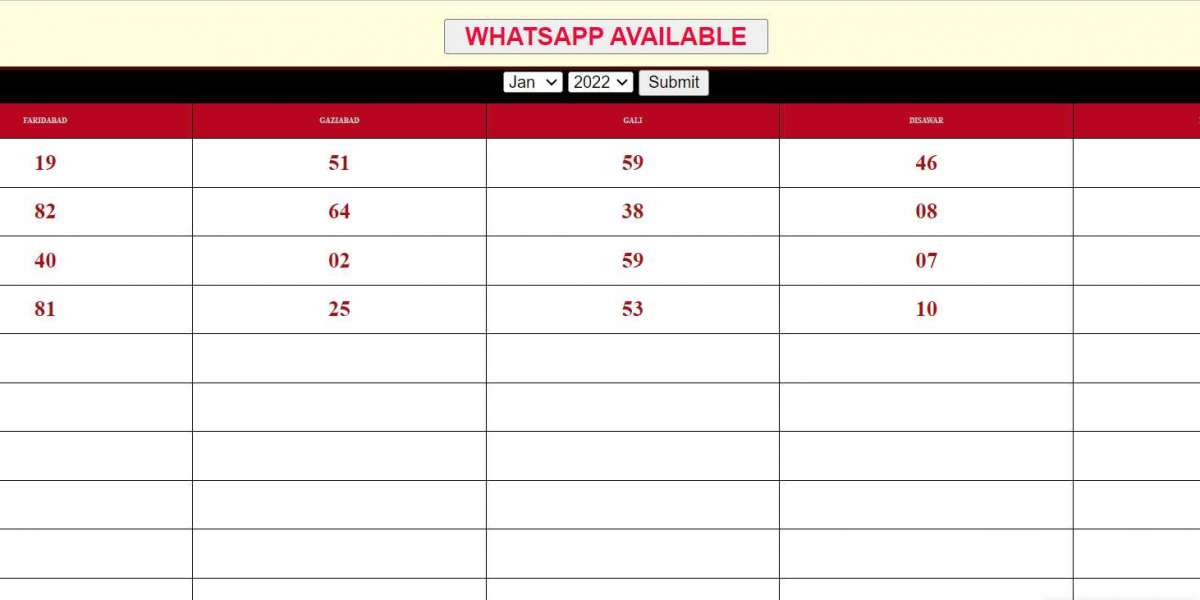In today's fast-paced business environment, companies like Star Billing Solutions are continually seeking ways to optimize their operations and enhance efficiency. One such area gaining prominence is outsourced billing. This article explores the successful case studies of companies, including Star Billing Solutions, that have implemented outsourced billing, highlighting the benefits, challenges faced, and the positive outcomes achieved.
I. Introduction
A. Definition of Outsourced Billing
Outsourced billing involves delegating the billing processes of a company to external service providers. This strategic move allows businesses to focus on their core competencies while ensuring that billing operations are handled efficiently.
B. Importance of Efficient Billing Processes
Efficient billing processes are crucial for any business's financial health. Timely and accurate invoicing not only improves cash flow but also enhances customer satisfaction. Outsourced billing has emerged as a viable solution to streamline these processes.
II. Benefits of Outsourced Billing
A. Cost Savings
Outsourcing billing functions can lead to significant cost savings. Companies can avoid the expenses associated with hiring and training an in-house billing team, ultimately reducing overhead costs.
B. Improved Accuracy
Outsourced billing partners often have specialized expertise, leading to increased accuracy in billing processes. This minimizes errors and reduces the likelihood of financial discrepancies.
C. Focus on Core Competencies
By outsourcing billing operations, companies can redirect their focus and resources towards core competencies. This strategic shift allows for better innovation and competitiveness in the market.
III. Case Study 1: Streamlining Operations
A. Company Background
ABC Corporation, a leading technology firm, faced challenges in managing their billing processes efficiently. The manual approach led to delays, affecting cash flow and customer satisfaction.
B. Challenges Faced
The in-house billing team struggled with the increasing volume of transactions, resulting in delayed invoicing and payment processing. This prompted ABC Corporation to seek a more streamlined solution.
C. Outsourced Billing Solution
ABC Corporation partnered with a reputable outsourced billing service. The provider implemented automated billing systems, reducing processing times and improving accuracy.
D. Results and Impact
The streamlined operations led to a 30% reduction in billing errors and a 20% improvement in cash flow. Customer satisfaction levels increased, highlighting the positive impact of outsourced billing.
IV. Case Study 2: Accelerating Cash Flow
A. Overview of the Company
XYZ Enterprises, a manufacturing company, faced challenges in maintaining a steady cash flow due to delays in invoicing and payment collection.
B. Cash Flow Challenges
The manual billing processes resulted in delayed invoicing, impacting XYZ Enterprises' ability to meet financial obligations and invest in growth opportunities.
C. Outsourced Billing Implementation
Recognizing the need for a change, XYZ Enterprises opted for outsourced billing services. The provider implemented efficient invoicing and collection systems to accelerate cash flow.
D. Positive Outcomes
The implementation resulted in a 25% increase in cash flow within the first six months. XYZ Enterprises could now allocate resources to expansion projects, showcasing the success of outsourced billing.
V. Case Study 3: Enhanced Customer Satisfaction
A. Customer-Centric Approach
LMN Services, a service-oriented company, identified billing issues as a significant factor affecting customer satisfaction.
B. Billing Issues Before Outsourcing
Manual billing processes led to errors, billing disputes, and delays in issue resolution. LMN Services aimed to address these challenges to enhance customer satisfaction.
C. Implementation of Outsourced Billing
LMN Services partnered with an outsourced billing provider known for its customer-centric approach. The new system ensured accurate and timely invoicing, resolving billing issues promptly.
D. Customer Feedback and Satisfaction Levels
Post-implementation, LMN Services experienced a 40% reduction in billing-related customer complaints. Customer satisfaction levels soared, showcasing the positive impact of outsourced billing on customer relations.
VI. Key Considerations in Choosing Outsourced Billing Partners
A. Expertise in the Industry
When selecting an outsourced billing partner, it is crucial to ensure that they have expertise in the specific industry. Industry knowledge contributes to a better understanding of billing intricacies.
B. Technology Integration
Opt for billing partners who leverage advanced technologies. Integration of automated systems ensures efficiency and minimizes the risk of errors.
C. Data Security Measures
Outsourced billing involves handling sensitive financial information. Choose partners with robust data security measures to safeguard confidential data.
VII. Common Misconceptions About Outsourced Billing
A. Loss of Control
One common misconception is the fear of losing control over billing processes. In reality, reputable outsourced billing partners work collaboratively, providing regular updates and maintaining transparency.
B. Quality Concerns
Businesses often worry about a potential decline in the quality of billing services. However, outsourced partners, with their specialized expertise, often enhance the quality of billing processes.
C. Communication Barriers
Communication is essential in billing processes. Selecting partners with effective communication channels and regular reporting mechanisms alleviates concerns about communication barriers.
VIII. Tips for a Successful Outsourced Billing Transition
A. Clear Communication
Establish clear communication channels from the outset. Ensure that expectations, timelines, and reporting mechanisms are well-defined to avoid misunderstandings.
B. Setting Expectations
Set realistic expectations regarding the outcomes of outsourced billing. Discuss key performance indicators (KPIs) and measure the success of the transition against these benchmarks.
C. Continuous Monitoring and Feedback
Regularly monitor the performance of the outsourced billing partner. Provide constructive feedback and address any issues promptly to maintain a successful partnership.
IX. Future Trends in Outsourced Billing
A. Advancements in Technology
The future of outsourced billing lies in technological advancements. Integration of artificial intelligence (AI) and automation will further enhance efficiency and accuracy.
B. Integration of AI and Automation
AI and automation will play a pivotal role in automating routine billing tasks, reducing manual intervention, and minimizing errors.
C. Evolving Industry Standards
As the business landscape evolves, so do industry standards. Outsourced billing partners need to stay abreast of these changes to provide effective and compliant services.
X. Conclusion
A. Recap of Benefits
The case studies presented underscore the myriad benefits of outsourced billing, including cost savings, improved accuracy, and enhanced customer satisfaction.
B. Importance of Strategic Outsourcing
Strategic outsourcing of billing processes allows companies to focus on their core competencies, leading to increased innovation and competitiveness in the market.








